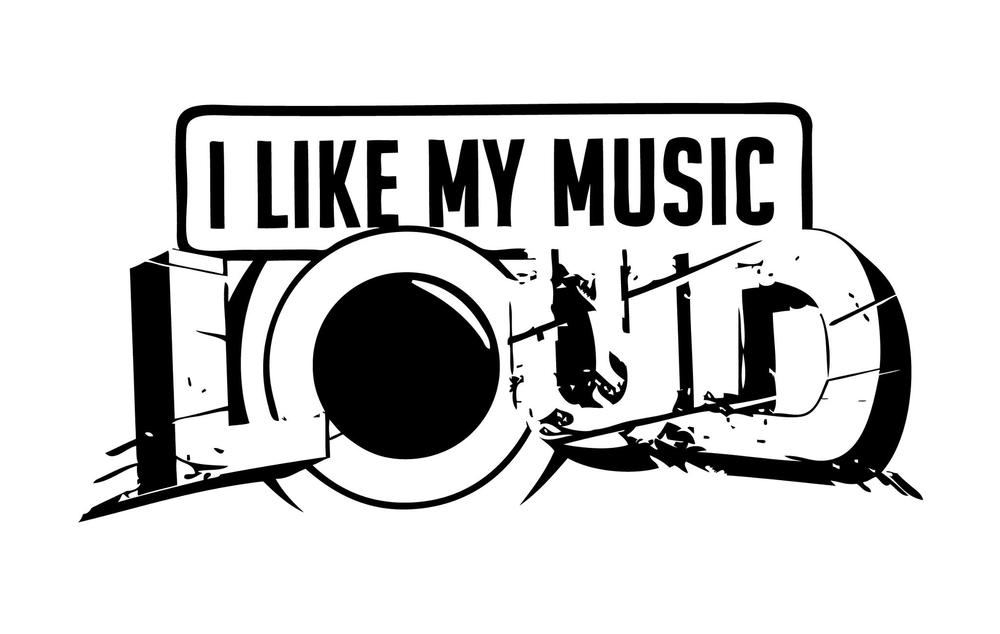Dirty Projectors
In 2002 David Longstreth released The Graceful Fallen Mango under his own name. A year later, The Glad Fact reintroduced his experimental rock project as "Dirty Projectors,” a moniker he's kept longer than any particular lineup. Longstreth and a revolving cast of collaborators have since released four full lengths, a compilation of cassettes, and three EPs: From The Getty Address’s electro-infused Don Henley-themed opera to Rise Above's rewriting of Black Flag's Damaged from memory (grafting of African musical ideas to punk rock fantasies), Longstreth has, in the words of Battles’ Tyondai Braxton, “forged his own path with authority and an inexhaustible urgency.” Album five, Bitte Orca, is Dirty Projectors’ most complete effort to date. Reprising the lineup of Amber Coffman (vocals, guitar), Angel Deradoorian (vocals, keyboard, guitar, bass), and drummer Brian Mcomber from 2007’s Rise Above, Bitte Orca also adds bassist Nat Baldwin and vocalist Haley Dekle to the fold, resulting in what sounds like Dirty Projectors' first fully collaborative band record. In fact, it features the first solo vocal pieces by Coffman (R&B anthem "Stillness Is The Move") and Deradoorian (elegantly spare, stringed "Two Doves"). Each was written especially for the singer, representing her specific temperament.
Unlike past releases, Bitte Orca can't be broken down into a conceptual statement. Instead of following a narrative or historical map, Longstreth used individual songs as the units of measure, making sure each was strong enough to stand on its own terms. And it works. From curtain-raising opener "Cannibal Resource" to "Temecula Sunrise”’s metal-jazz spin on sunny ‘70s rock, and "Useful Chamber"'s minimal electronics, ornate vocal harmonies, and Beefheart does Graceland instrumentation, Bitte Orca contains the Projectors' best songs to date.
With its trills and positive “I know we’ll make it” storyline, Coffman's solo turn “Stillness Is The Move,” is ready for popular hip-hop radio, making the same gesture as recent work by Lil Wayne and Kanye West, albeit from the opposite side of culture.

